The Reign and Castration of Uranus - The First Succession and the Birth of Aphrodite
This article explores the epic tale from the dawn of Greek mythology, from the tyranny of Uranus to his castration by Cronus, and the subsequent birth of the Titans and Aphrodite, based on the accounts of Hesiod and Apollodorus.
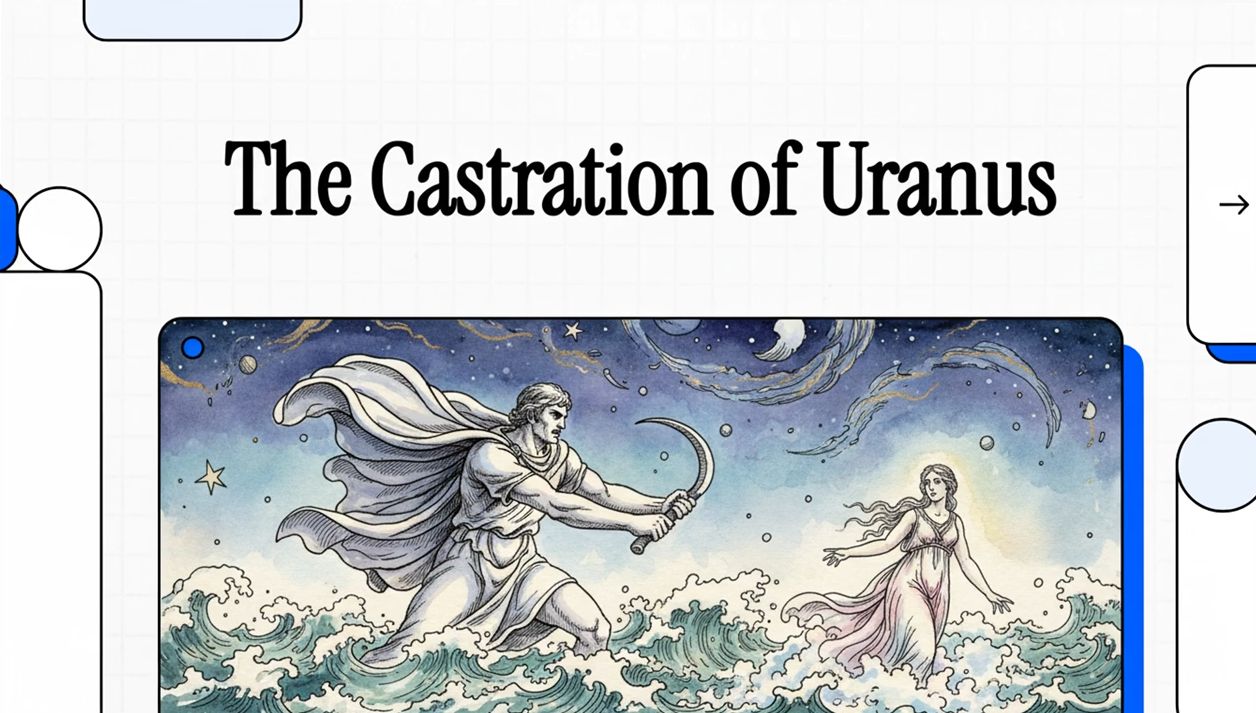
The Reign and Castration of Uranus - The First Succession and the Birth of Aphrodite
How did the order of the cosmos begin? According to Greek mythology, the dawn of time was not a peaceful creation but a gruesome family drama of love and hate. It featured a tyrannical father, a mother driven to conspiracy by her suffering, and a son who seized power through a terrible act of violence. This is the story of the first revolution for control of the universe.
The Tyranny of Uranus, the First Ruler
Before all things came into being, there was only Chaos. From it, Gaia, the Earth Mother, emerged. She then, by herself, gave birth to Uranus, the starry sky, as a being to cover her (Hesiod Theogony 116–128). Uranus became the first ruler of the world and took Gaia as his wife (Apollodorus Library 1.1). From this primordial couple, the first generation of gods was born, but their forms were monstrous and bore little resemblance to the deities who would follow.
The first to be born were three giants known as the Hecatoncheires—Briareos, Gyges, and Cottos. As their name (the Hundred-Handed Ones) suggests, they were monsters of immense power and size, each with a hundred arms springing from their shoulders and fifty heads (Hesiod Theogony 147–153; Apollodorus Library 1.1). Next, Gaia bore the Cyclopes, one-eyed giants with a single eye in the center of their foreheads: Brontes (Thunder), Steropes (Lightning), and Arges (Bright) (Hesiod Theogony 139–146; Apollodorus Library 1.2).
However, their father, Uranus, hated these monstrous children from the moment they were born (Hesiod Theogony 155). Fearing their hideousness and overwhelming strength, he refused to let them see the light of day. Instead, he bound them and cast them deep into Gaia’s womb, or into the dark abyss of Tartarus (Hesiod Theogony 156–158; Apollodorus Library 1.2). Forced to keep her children confined within her, Mother Gaia groaned in constant pain, her heart aching from her husband’s cruel deeds (Hesiod Theogony 159–160).
Mother Earth’s Lament and the Rise of Cronus
The tyranny of Uranus continued. After the Cyclopes, Gaia gave birth to twelve more children of a more divine form, six male and six female. These were the gods who would become known as the Titans (Apollodorus Library 1.3). Yet Uranus’s reign of terror did not change, and Gaia’s suffering reached its limit. At last, she resolved to take revenge on her husband and devised a cunning and brutal plan (Hesiod Theogony 160).
First, Gaia brought forth a vein of grey adamant (flinty steel) from within herself and used it to forge a great sickle (a harpe) with jagged teeth (Hesiod Theogony 161–162). She then gathered her Titan children and, with a sorrowful look, pleaded with them: “My children, and children of a wicked father, if you will obey me, we should punish the vile outrage of your father; for he first thought of doing shameful things” (Hesiod Theogony 164–166).
But the power of their father Uranus was immense, and the Titans were seized by fear, none daring to speak (Hesiod Theogony 167–168). As silence fell, only one, Cronus of “crooked counsel,” the youngest and most terrible of her children, stepped forward with courage (Hesiod Theogony 137–138, 168). He reassured his mother, saying, “Mother, I will undertake this deed and accomplish it, for I have no regard for our father of an evil name, since he first contrived to do wicked things” (Hesiod Theogony 170–172).
Hearing her son’s resolve, Gaia’s heart filled with great joy. She hid Cronus in a place of ambush, placed the adamantine sickle in his hands, and instructed him on the entire plan (Hesiod Theogony 173–175; Apollodorus Library 1.4).
The First Revolution - The Castration of Uranus
That night, Uranus came, bringing the night with him, and lay upon Gaia, longing for love (Hesiod Theogony 176–177). It was at that moment, as he stretched himself out over the whole Earth, that Cronus sprang from his hiding place. With his left hand, he seized his father’s genitals, and with his right, he swung the great sickle and swiftly severed them (Hesiod Theogony 178–181).
This was not merely an act of mutilation; it was a symbolic blow that finalized the separation of Heaven and Earth. By robbing Uranus of his procreative power, Cronus ended his reign. He then cast the severed members behind him without looking back (Hesiod Theogony 181–182). They fell into the sea and began to drift upon the waves. Thus, the world’s first and most shocking succession of power was complete. Uranus was deposed, and the path was cleared for Cronus to become the new ruler of the world.
Gods Born of Violence: The Erinyes, the Gigantes, and Aphrodite
The gruesome act of Uranus’s castration was not an end but a new beginning, giving birth to a host of strange and powerful beings.
First, as drops of blood from the wound fell upon Mother Earth, Gaia, she conceived and bore the Erinyes (the Furies), goddesses of vengeance; the mighty Gigantes (Giants) in gleaming armor, holding long spears; and the nymphs called the Meliae (ash-tree nymphs) (Hesiod Theogony 183–187). That beings of vengeance and strife were born from a bloody act of patricide suggests that violence was now deeply woven into the fabric of the world’s order.
Meanwhile, the genitals of Uranus, cast into the sea, produced an even more astonishing miracle.
μήδεα δʼ ὡς τὸ πρῶτον ἀποτμήξας ἀδάμαντι κάββαλʼ ἀπʼ ἠπείροιο πολυκλύστῳ ἐνὶ πόντῳ, ὣς φέρετʼ ἂμ πέλαγος πουλὺν χρόνον, ἀμφὶ δὲ λευκὸς ἀφρὸς ἀπʼ ἀθανάτου χροὸς ὤρνυτο· τῷ δʼ ἔνι κούρη ἐθρέφθη·
And as soon as he had cut off the members with adamant and cast them from the land into the surging sea, they were carried away over the sea for a long time. A white foam rose from the immortal flesh, and in it, a maiden was nurtured.
(Hesiod Theogony 188–192)
The maiden nurtured within this foam first drifted to the holy island of Cythera and then reached sea-girt Cyprus (Hesiod Theogony 192–193). When she stepped ashore, green grass grew up beneath her delicate feet, and a beautiful and revered goddess emerged (Hesiod Theogony 194–195). This was Aphrodite, the goddess of love and beauty. Her name means “foam-born” (aphros), and she was also called Cytherea and Cyprogenes after the places she landed. Hesiod adds that she earned the epithet Philommeides (“genital-loving”) because she came forth from the genitals (mēdea) (Hesiod Theogony 195–200).
The fact that the most beautiful goddess was born from one of the world’s most violent acts symbolizes the complex relationship between creation and destruction, love and violence, that lies at the heart of Greek mythology. When she joined the assembly of the gods, Eros (Love) and Himeros (Desire) became her constant companions (Hesiod Theogony 201–202).
Thus, the reign of Uranus ended, and the age of the Titans began. They freed their brothers who had been imprisoned in Tartarus and entrusted the dominion of the world to Cronus (Apollodorus Library 1.4). However, once in power, Cronus, like his father, imprisoned his brothers in Tartarus once again (Apollodorus Library 1.5). He had inherited not only the throne but also his father’s paranoia and tyranny. The cycle of struggle for dominion over the cosmos had only just begun.
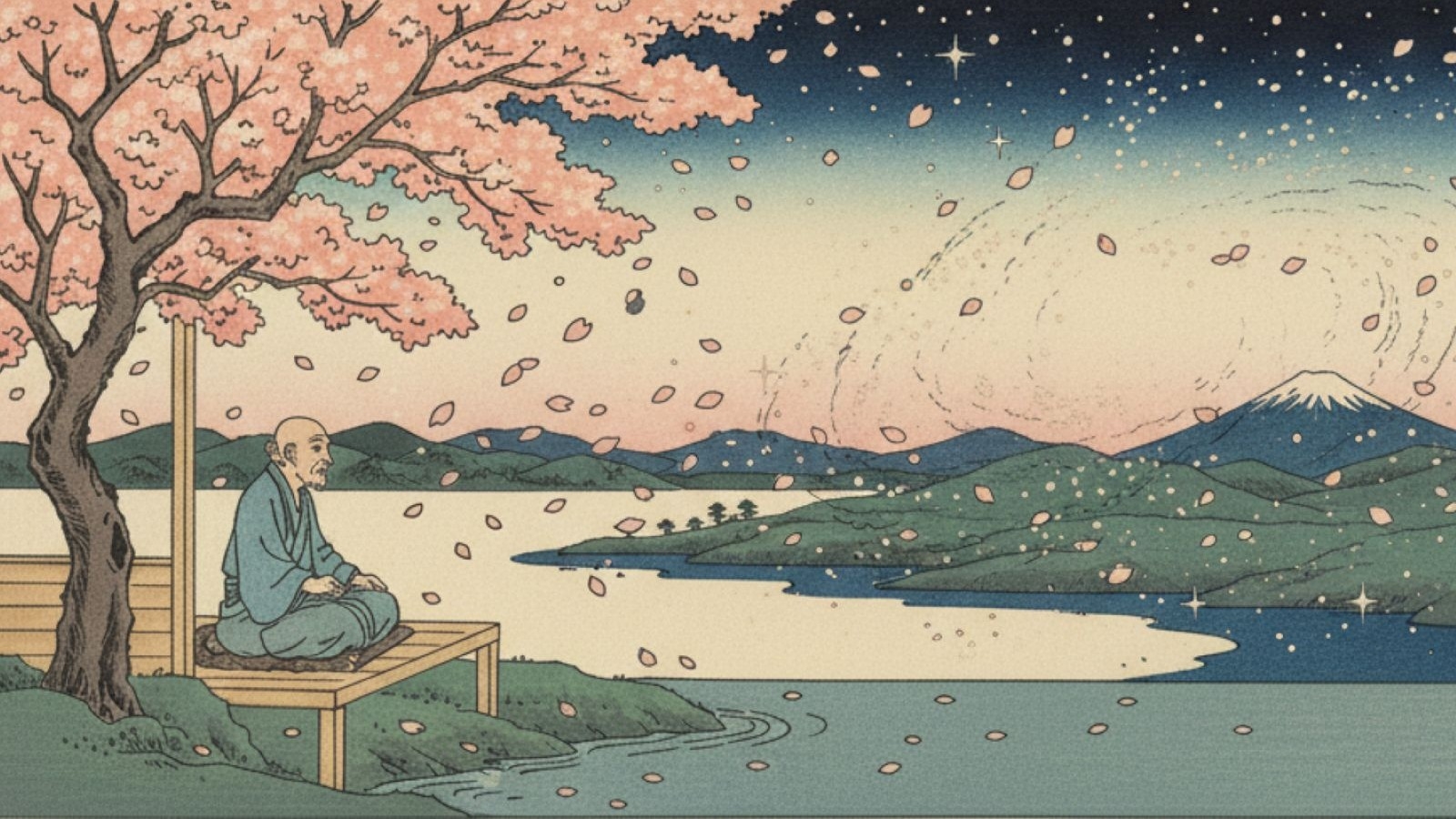
Japanese Views on Seasons - The Gaze of Literary Figures
Japanese literary figures have deeply engaged with the shifting seasons and the workings of life through various forms of expression such as novels and essays. Their delicate sensibilities and keen powers of observation open the door to a dialogue with nature for us, teaching us the beauty and philosophy hidden within everyday landscapes.
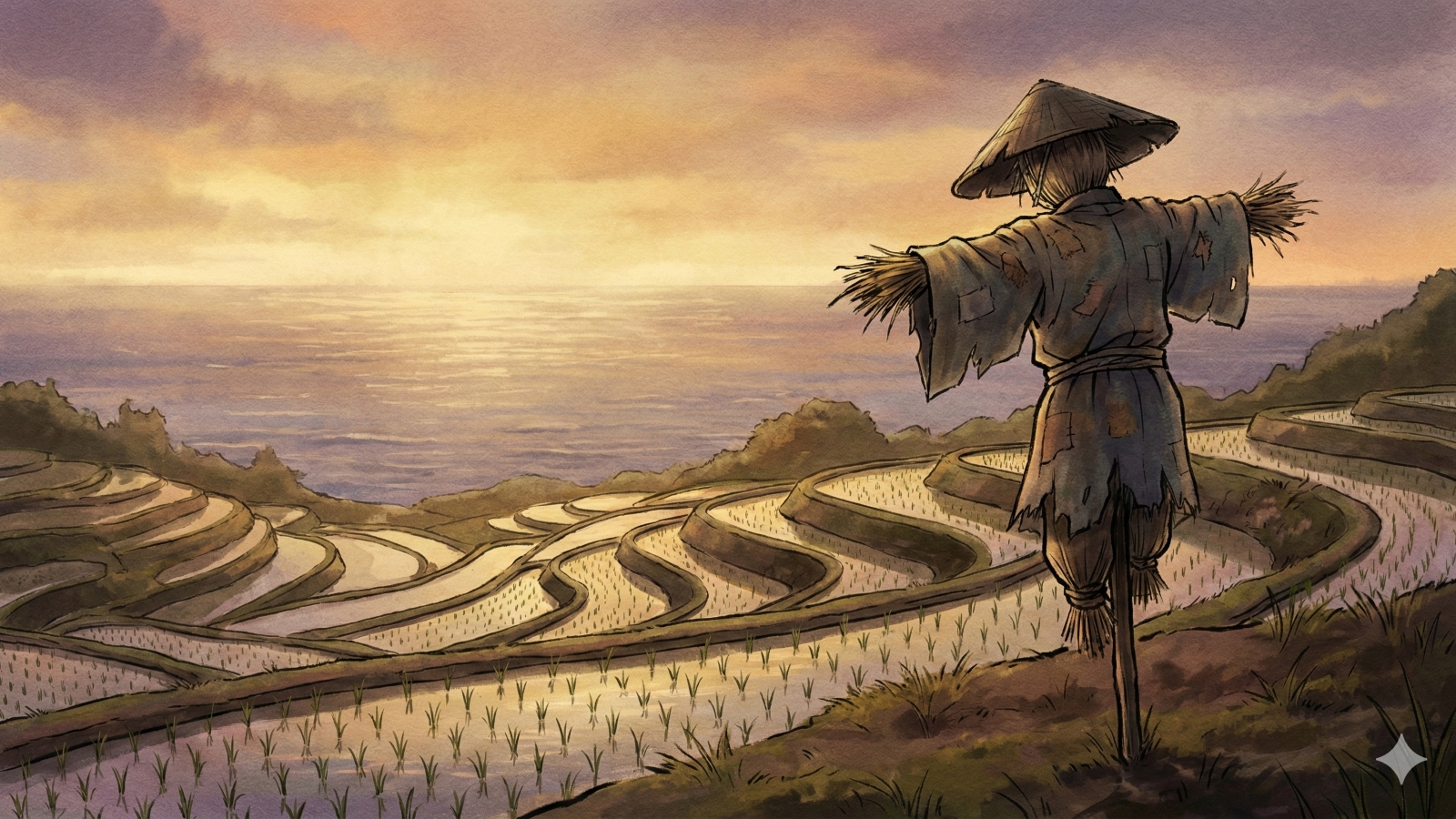
Japan's Primal Landscapes - A Tale of Memories Told by the Land
Superimposing the deceased onto the buzzing of flies, seeing gods in one-legged scarecrows. For Japanese people, these mysterious stories were not fantasy, but "life" itself, right next door. Longing for lands beyond the sea, legends remaining in ancient mounds. Why not travel through the frightening yet gentle "primal landscapes of the heart" gathered by Kunio Yanagita, Lafcadio Hearn, and others?
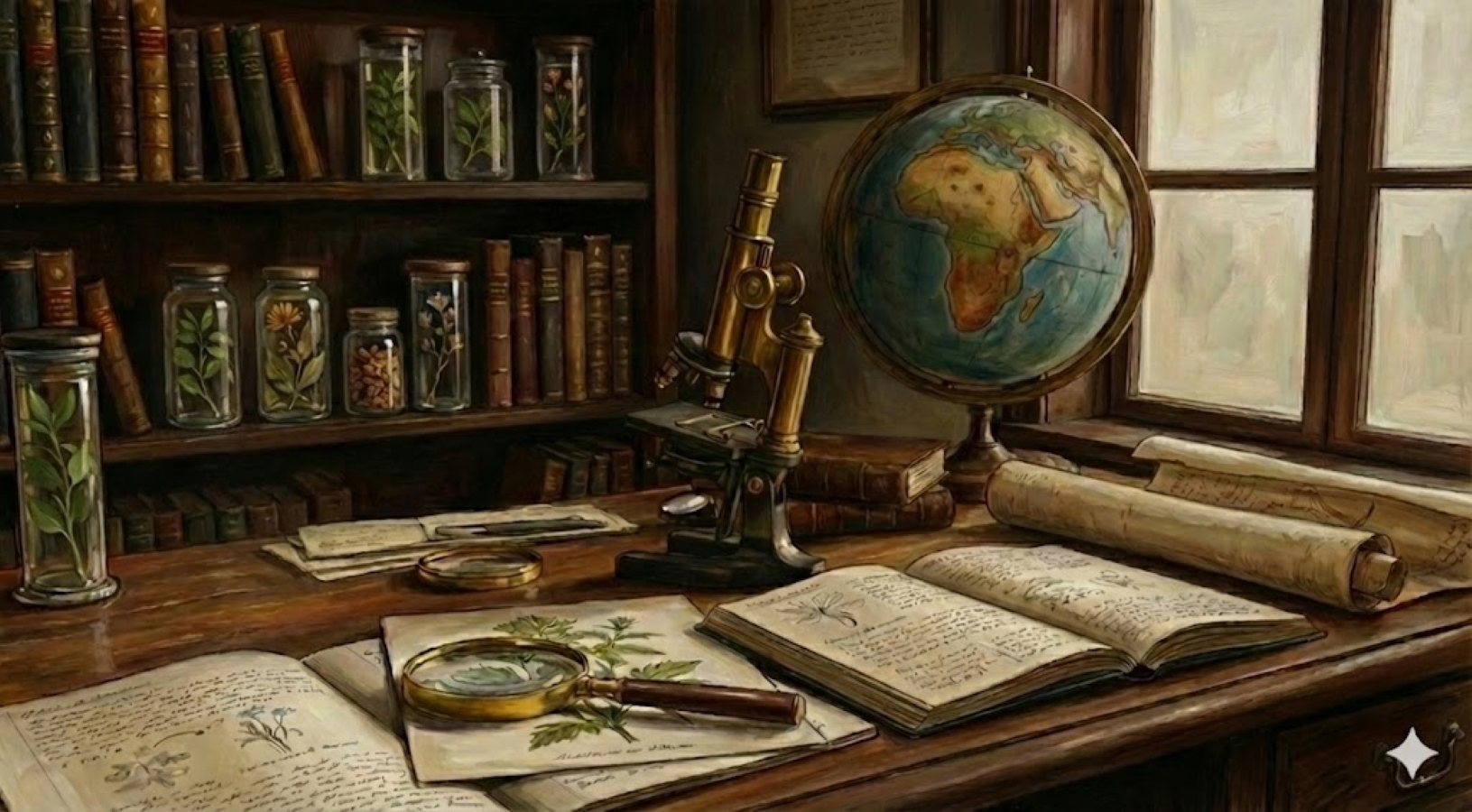
To Wonders Beyond Logic - The Beautiful Abyss Peered into by Scientists
Science is not just cold calculations. It is awe for nature beyond human understanding and an endless quest for beauty. Seeing the universe in a snowflake, feeling the ferocity of life in roadside grass... These are the adventurers of knowledge who confronted the overwhelming "mysteries" that appear only at the end of logic. We touch upon the records of their quiet yet passionate souls.
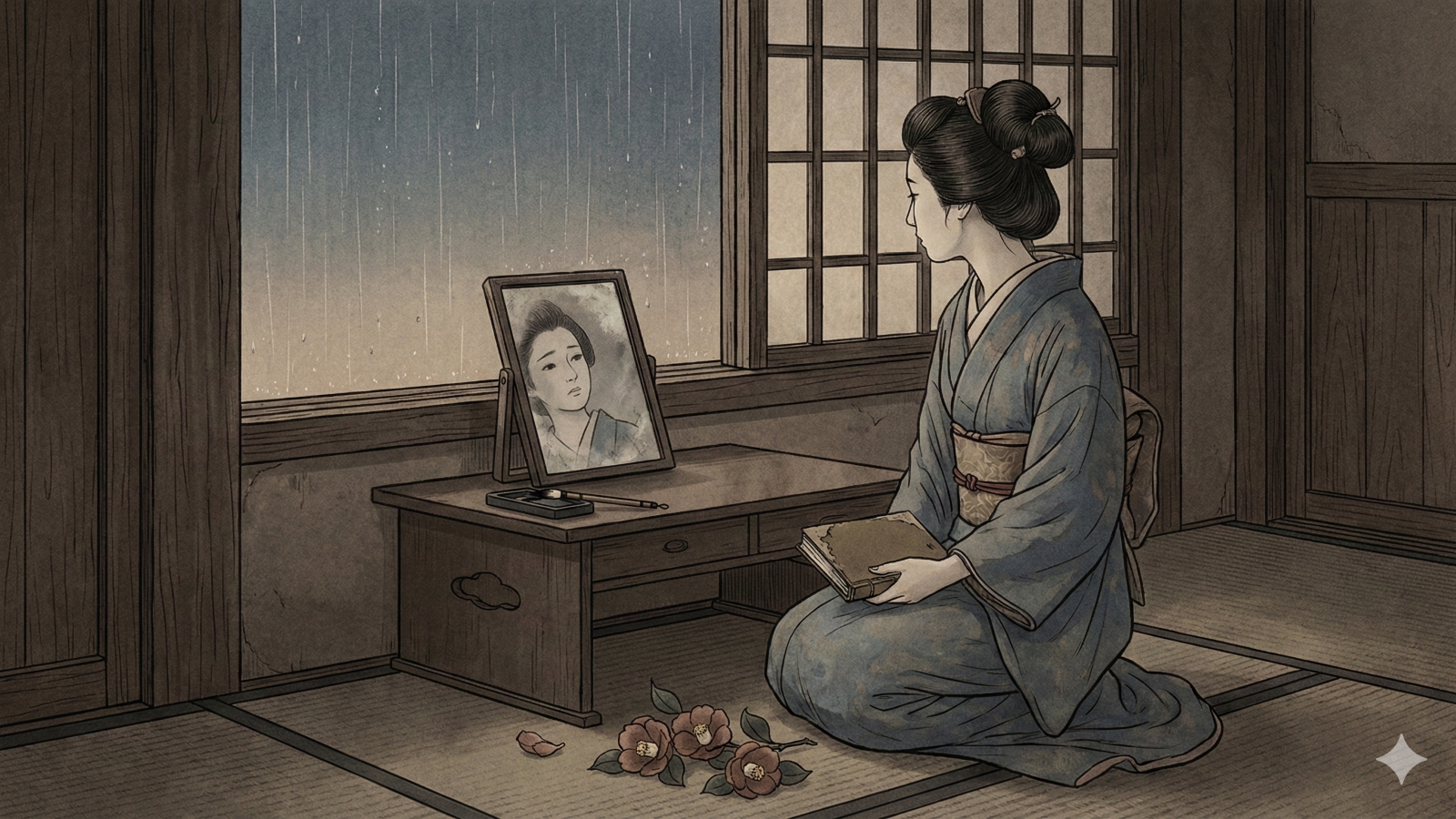
The Soul Screaming "I" - Stories of Fate and Pride by Modern Women
Should women's lives be plastered over with resignation to fate? Or is it a battle to break through social barriers and win one's own "life"? The dry self-mockery spat out by Ichiyō, the poignant scream released by Akiko for her beloved. We listen to the cries of their souls as they resisted the chains of their era, struggling through the mud to establish the "self."